Receiver-In-Canal (RIC)
Small, discreet and quick to fit. Perfect for first-time hearing aid wearers.
 Learn more
Learn more Discover our best hearing aid technology.

Hear with clarity, connect with confidence, and live unstoppably—with our most advanced hearing technology yet.
Explore Omega AI
Enjoy clear, true-to-life sound in technology custom fit to hide discreetly in your ear.
Explore Signature Series
Transparent sound, seamless connectivity, and benefits that go beyond better hearing give you an edge.
Explore Edge AI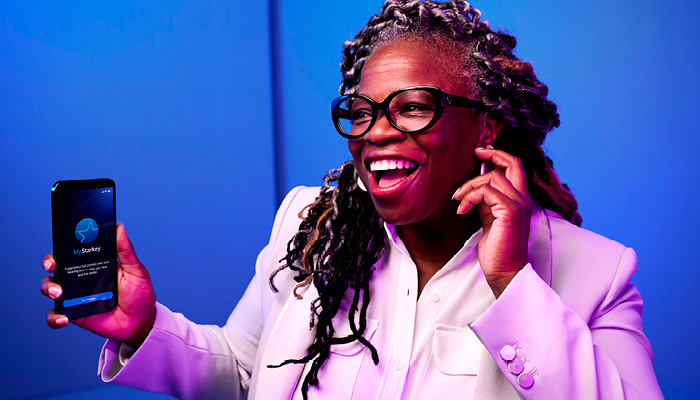
Never miss a meaningful moment with these reliable and remarkable sounding hearing aids.
Explore Genesis AI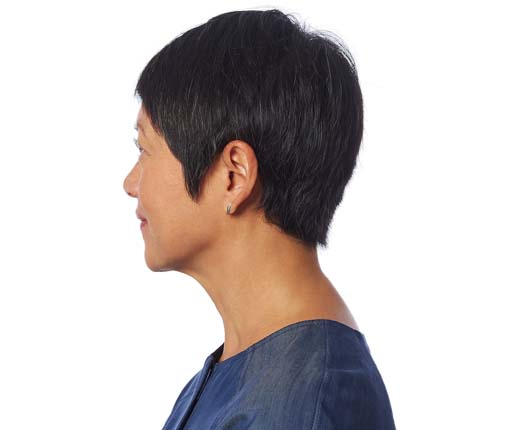
Small, discreet and quick to fit. Perfect for first-time hearing aid wearers.
 Learn more
Learn more 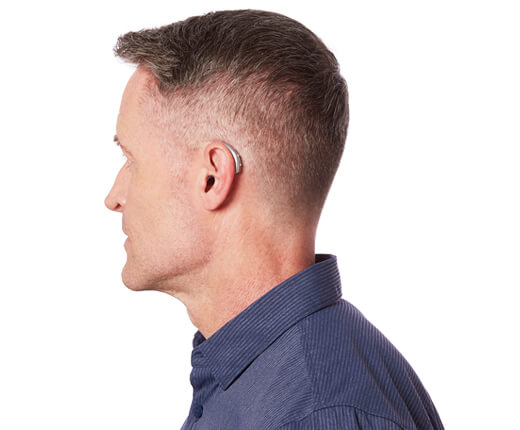
The world's most common hearing aid style. Available in standard, mini or power.
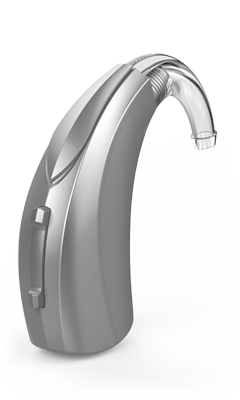 Learn more
Learn more 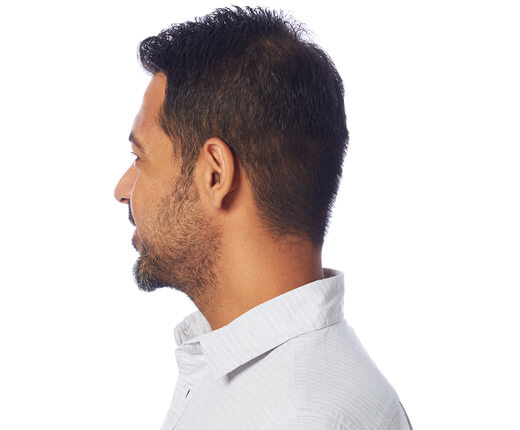
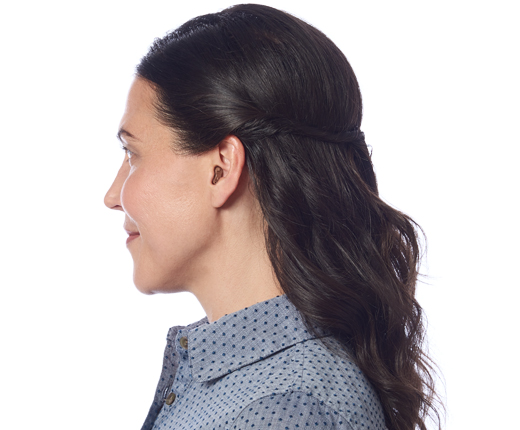
Only the tiny removal handle of the hearing aid shows outside of the ear canal.
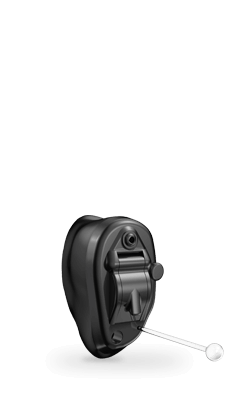 Learn more
Learn more 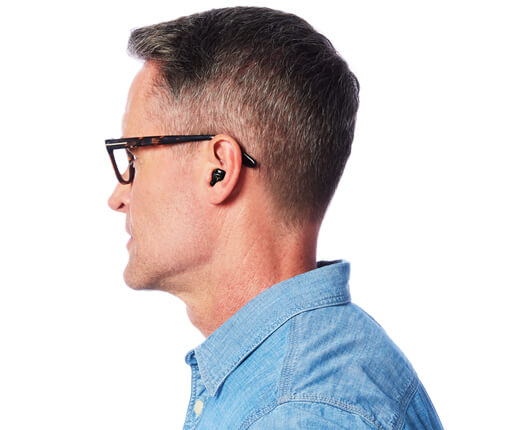
Custom hearing aid that fits in the ear canal. Smaller portion shows in outer ear.
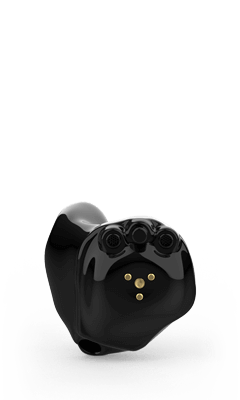 Learn more
Learn more 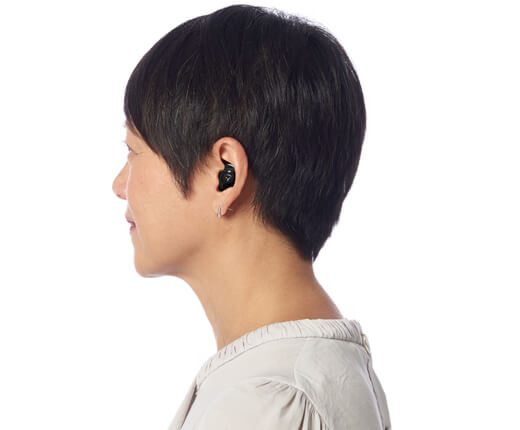

“It’s so spectacular when you can hear the crackling of the fire.”

"When I wear these hearing aids, they make me feel confident."

“I like everything about them. The return on investment is huge.”
At their most basic, hearing aids are microphones that convert sound into electrical signals. An amplifier increases the strength of the signal, then a receiver converts it back to sound and channels it into the ear canal through a small tube or earmold. A battery is necessary to power the hearing aid and to enable amplification.
Read moreThere are several factors that will determine which hearing aid will be the right one for you. They include the nature and severity of your hearing loss, your lifestyle and the activities you regularly enjoy, your job, your eyesight and dexterity, and the size and shape of your outer ear and inner ear canal. You can start with our Hearing Aid Finder Tool, though ultimately your hearing professional should advise you as to the best choice for you.
Read moreTwo-ear hearing (called "binaural") is better than one. If you have hearing loss in only one ear, you may be fine with one hearing aid. Age and noise-related hearing loss tend to affect both ears, but your hearing profile for each ear is probably different. If there is a loss in both ears, you will probably benefit more with a binaural solution. Today, about two-thirds of new users opt for dual hearing aids, and as a group they report a higher level of satisfaction than purchasers of a single hearing aid.
Read moreThe price of a hearing aid will vary depending on the specific style and features you choose. Most hearing professionals offer financing plans and you may qualify for other discounts through your insurance provider or another source.
Read moreYes. Please inquire with your hearing care professional where you purchased your hearing aids from for precise details. But it is important to give yourself a reasonable chance to adjust to your hearing aid, knowing it often takes a few months to get comfortable.
Read moreWhen seeking treatment for hearing loss, be sure to select a hearing professional who understands the available technology and offers follow-up care. Schedule an appointment online, or call (888) 912-6227.
Schedule an appointmentCIC removal handle antenna shape may vary.